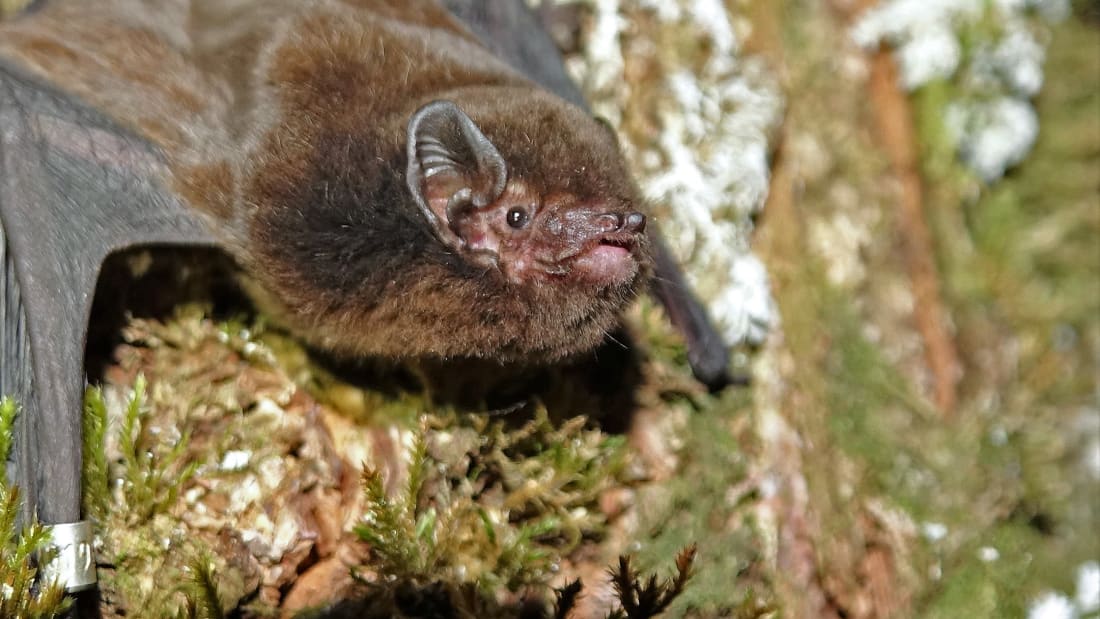
A bat has swooped in “by a long way” to win the annual bird of the year award. Hence, causing a great upset for New Zealand birds. But a win for one of the country’s only native land mammals.
The election’s organizers, Forest and Bird, put the bat among the pigeons this year as a surprise entry. The pekapeka-tou-roa, or long-tailed bat, is one of the country’s two bats and one of the world’s rarest mammals. When it is born, it is the size of a bumblebee and as little as a thumb.
The polls closed on Halloween night, which was also the end of the voting period. On Monday, Lissy Fehnker-Heather of Forest and Bird revealed the prize on RNZ’s Morning Report.
She stated the pekapeka-tou-roa won by 3,000 votes over the avian flock. Also, this year’s competition had the most overall votes in the tournament’s 17-year history.
“We had about 58,000 votes and they came from all around the world,” she said.
Pekapeka-tou-roa : Bird of the year
On being asked whether the bat’s entry was a stunt, Fehnker-Heather said: “No, bats are New Zealand’s only native land mammals, and they are classed as nationally critical. They face a lot of the same threats that our native birds do, so this year, we thought we’ll try and get more people aware of that.”
Rats, possums, stoats, and cats are also all severe threats to the species, with the population dropping at a rate of about 5% every year, according to her.
Powerful backers may also have aided the bat in the polls: The pekapeka campaign has received support from New Zealand’s Ministry of the Environment.
The kākāpō, the world’s only nocturnal and flightless parrot and last year’s champion came in second. The ttipounamu, or rifleman, came in third and Mori regarded it as the gods’ messenger. Fourth place went to Kea, the world’s only alpine parrot, who is notorious for wrecking automobiles and being extremely intelligent. The Antipodean Albatross, one of New Zealand’s largest seabirds, came in fifth place.
The annual competition is not without its share of controversies.
Hundreds of ballots from Russia arrived in the United States in 2019, prompting accusations of election manipulation. The votes were eventually deemed to be valid, and a Forest and Bird official speculated at the time that Russian ornithologists may be a part of it.
Forest and Bird claimed that 300 false votes were cast in the online voting by Australians trying to rig the race in the shag’s favor the year before.
“It wouldn’t be Bird of the Year without a scandal,” Fehnker-Heather said when asked if other threatened flying species, such as bees, might be featured in future competitions.






